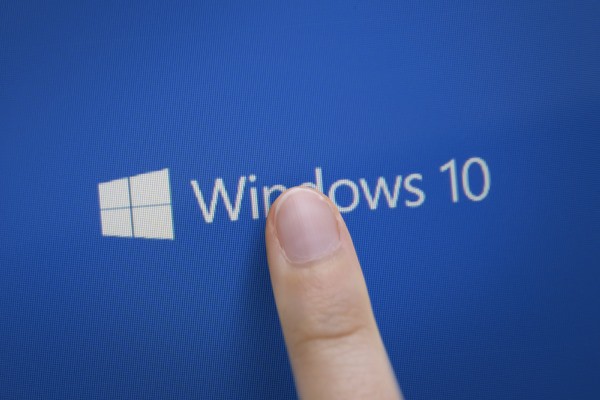Windows 10 Anniversary update is not driving enterprises to switch

Although 64 percent of enterprises are planning to move to Windows 10 in the next year, tomorrow’s expected Windows 10 Anniversary release from Microsoft isn't proving to be a huge motivator for upgrading.
According to the survey from systems management specialist Adaptiva, 76 percent say the anniversary update is not increasing their sense of urgency to move to Windows 10.
Key motivators for migration, according to the survey, are access to the newest Windows 10 security features, such as enterprise data protection, Device Guard, Credential Guard, and security auditing, as key drivers for the migration.
"These survey results show that the anticipated surge in enterprise Windows 10 adoption is definitely on the horizon, and some organizations are expediting plans in light of the anniversary release", says Jim Souders, chief operating officer at Adaptiva. "The results are consistent with the influx of questions and interest we are seeing internally from customers who are in the Windows 10 planning process, and are looking to automate their migrations with a systems management solution that saves time and deployment costs".
So far, 65 percent of respondents rate the move to Windows 10 to be somewhat to extremely challenging. But despite this, early adopters show strong confidence in the new operating system once it's deployed, with 52 percent expressing plans to have more than half of their systems migrated in the next year. Other information from early adopters is that System Center Configuration Manager is the top deployment tool of choice with 83 percent overall use, and 90 percent in large enterprises.
When it comes to updates, 56 percent of those in the enterprise are utilizing Current Branch for Business with only 22 percent using Long Term Servicing Branch. For ongoing updates, more respondents are using SCCM Windows 10 upgrade task sequences (42 percent) than offline servicing features (29 percent).
Some 41 of total respondents are actively resisiting the move by using software to prevent or disable Windows 10 installation. Reasons quoted for this include compatibility of legacy apps (68 percent) and time constraints (62 percent) as the top two barriers to adoption of Windows 10. Microsoft, as you might expect, is persistently chasing those who are these holding out, with 82 percent of respondents reporting receiving notifications about once a week to upgrade.
There's more information on Windows 10 adoption habits in the enterprise available in the full report from the Adaptiva website.
Photo credit: Anton Watman / Shutterstock